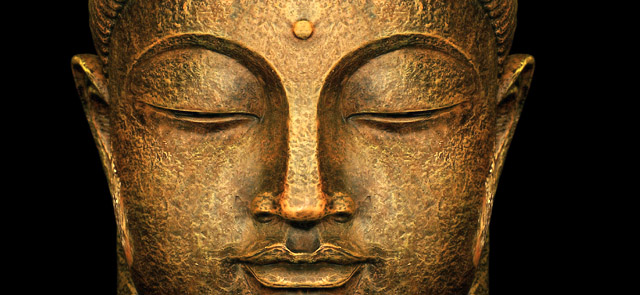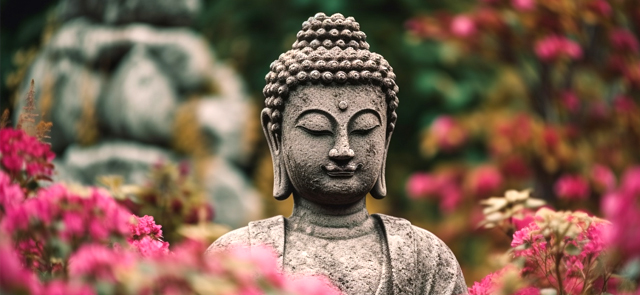In the vast realm of Buddhist teachings, Chan (or Zen in Japanese) stands as a profound and transformative practice that goes beyond the mere intellectual understanding of Buddhism. Chan emphasizes direct experience and realization, leading practitioners to the ultimate nature of reality. At its core, Chan is a teaching that transcends words and concepts, aiming to awaken the heart and mind to a direct experience of enlightenment.
1. The Essence of Chan: Chan traces its roots back to the early teachings of the Buddha and the Mahayana tradition. It flourished in China and later spread to other parts of Asia. At its essence, Chan teaches that enlightenment is not a distant goal to be attained but a present reality to be directly experienced. It invites practitioners to go beyond clinging to conceptual understanding and embrace the direct perception of reality in the here and now.
2. Beyond Intellectual Understanding: In Chan practice, the teacher plays a crucial role in guiding students beyond the limitations of intellectual understanding. The teacher employs various methods such as koans (paradoxical riddles), meditation, and direct pointing to help students transcend conceptual thinking and experience a direct insight into their true nature. The teacher's role is not to impart knowledge but to inspire and provoke an experiential realization within the student.
3. Chan and Meditation: Meditation lies at the heart of Chan practice. By cultivating mindfulness and concentration, practitioners develop the ability to observe their thoughts and emotions without getting entangled in them. This allows them to gain insight into the impermanence, interconnectedness, and emptiness of all phenomena. Chan meditation often emphasizes silent sitting, in which the practitioner immerses themselves in the present moment, letting go of discursive thinking and allowing direct experience to unfold.
4. The Importance of Mindful Awareness: Chan teaches the significance of cultivating mindful awareness in everyday life. It encourages practitioners to bring the same quality of presence and awareness found in meditation to all activities, be it eating, walking, or engaging in conversations. By doing so, one can uncover the profound interconnectedness and interdependence of all things, recognizing the seamless unity of self and the world.
5. Embracing Paradoxes with Koans: Koans, enigmatic questions or statements, serve as powerful tools in Chan practice. They challenge the intellect and demand a direct, intuitive response beyond ordinary conceptual thinking. Koans such as "What is the sound of one hand clapping?" or "What was your original face before your parents were born?" point to the limitations of dualistic thinking and invite practitioners to transcend ordinary logic, leading to a direct experience of non-duality.
6. Embodying Compassion and Wisdom: Chan teachings emphasize the inseparable nature of compassion and wisdom. The direct realization of one's true nature brings forth profound wisdom and insight into the interconnectedness of all beings. This understanding naturally gives rise to compassion, as one recognizes the suffering and struggles of all sentient beings. Chan practitioners strive to embody this wisdom-compassion in their daily lives, cultivating kindness, empathy, and selflessness.
7. The Transmission of Chan: Chan is not merely an intellectual understanding; it is a living practice that is passed down from teacher to student through direct transmission. The teacher, who has themselves realized the nature of mind, transmits the essence of Chan through their presence, guidance, and personal example. This transmission occurs in intimate one-on-one encounters or through formal Dharma talks, retreats, and practice communities.
In conclusion, Chan is heart to mind teaching, emphasizing the direct experience of reality beyond words and concepts. It invites practitioners to go beyond intellectual understanding and immerse themselves in the present moment, cultivating mindfulness, wisdom, and compassion. Through the guidance of a skilled teacher and the practice of meditation, koans, and mindful awareness, Chan offers a transformative path to awakening, allowing individuals to realize their true nature and manifest wisdom and compassion in their lives.






